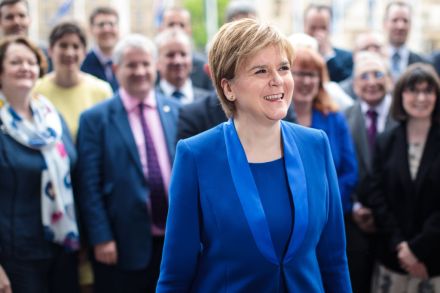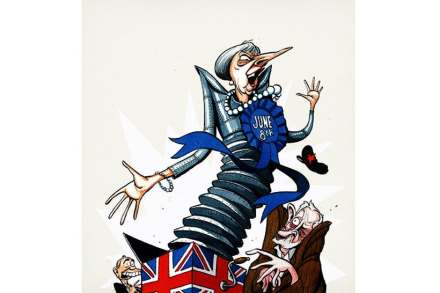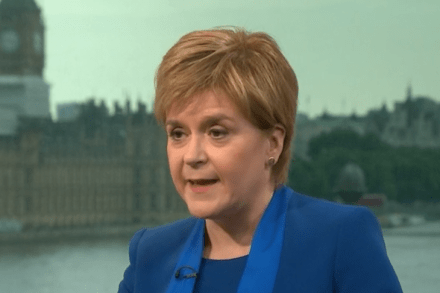Apart from independence, the SNP stands for nothing
The deposed Scottish Nationalist MP for East Lothian, George Kerevan, found solace this week in the words of a distinguished former editor of The Spectator. Kerevan tweeted: ‘I believe every Scotsman should be a Scottish nationalist’, John Buchan, House of Commons, 24 November, 1932.’ Hundreds of disconsolate Nationalists took to their keyboards to embrace Buchan’s validation of their core belief. A retweet by my own MP, Angus MacNeil, whose devotion to Twitter greatly outweighs his capacity for research, caught my attention. The obvious conclusion was that none of them had actually read what Buchan said in his contribution to the debate on the Queen’s Speech, all those years ago. Anyone


















